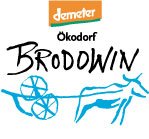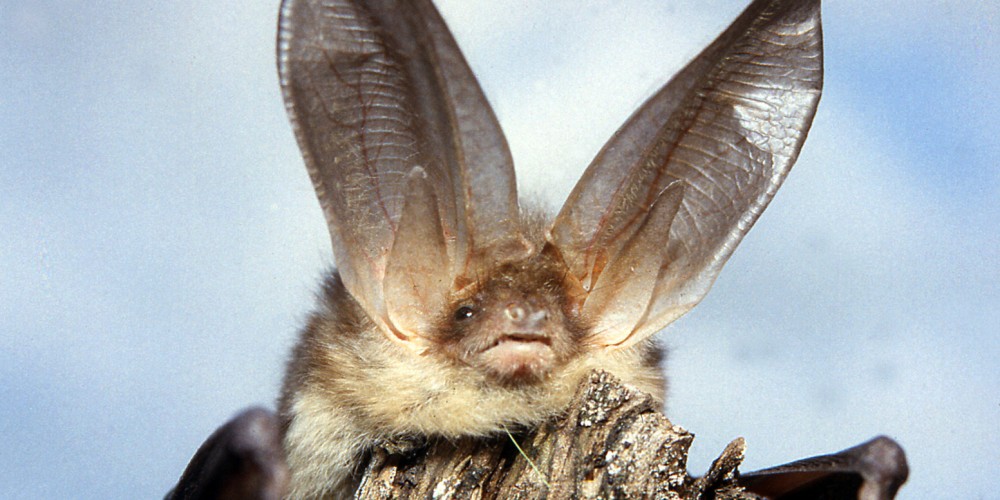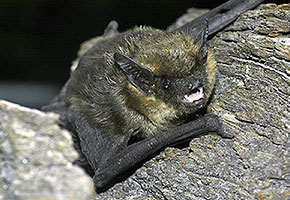Bats
Background
Bats are the only mammals that can fly. Due to their unique nature, they occupy a special niche in our ecosystem. Upon catching their prey, the little “vampires” consume up to a third of their own body weight in food. However, our native species does not draw blood! They feed on all kinds of insects and spiders that are active at night. In forests especially, bats help to restrain the increase of forest pests.
Bats need a summer and a winter home for sleeping. As of October – when insects and spiders are rare – the animals retire into hibernation. In doing so, they cover remarkable distances, up to 100 km. From mid-March onwards our native species become active once more.
Unfortunately, Germany’s bats are partly threatened with extinction. The presence of insecticides in their hunting grounds and wood preservatives in their surroundings, negatively affects these animals. Due to renovation work on houses or the cutting down of trees these territorial animals lose their homes and, as such, they have little chance to survive.


